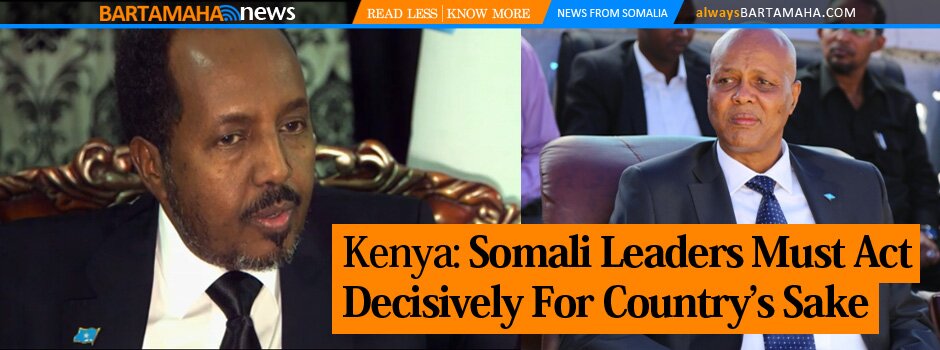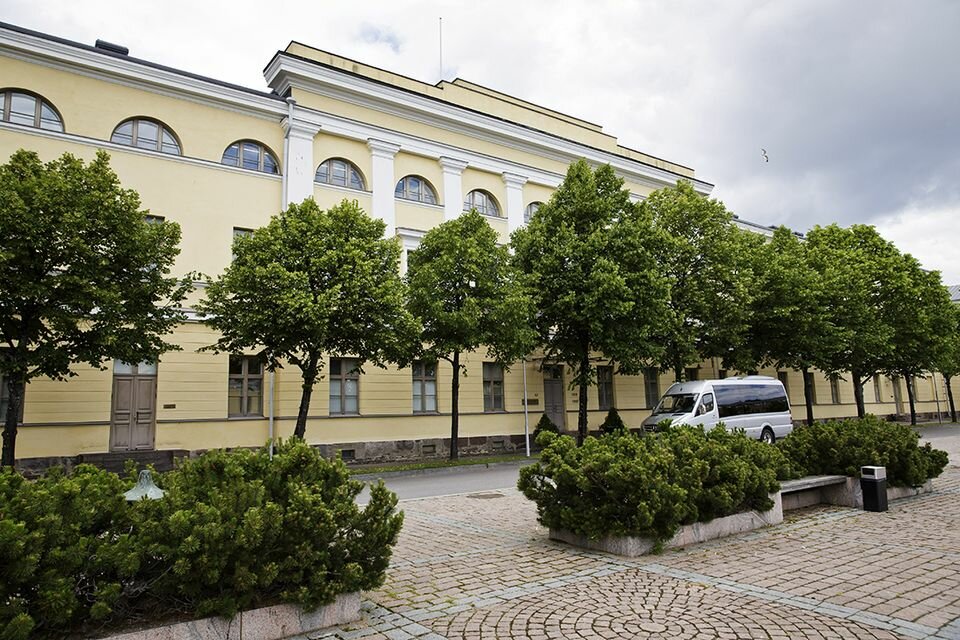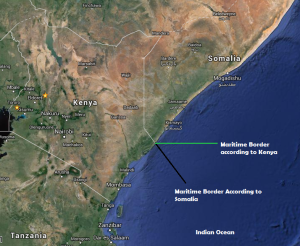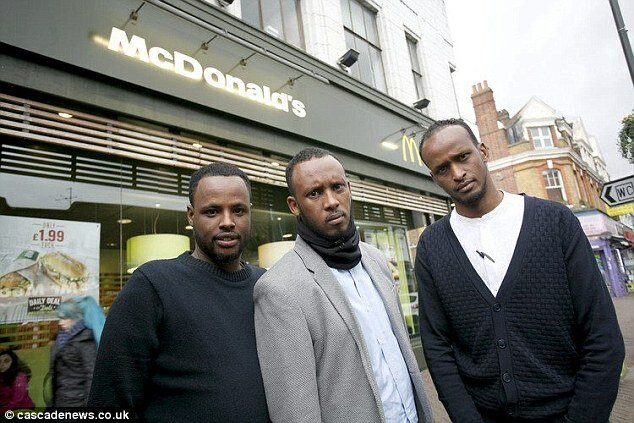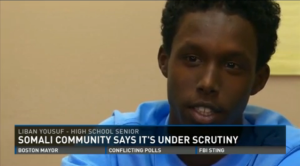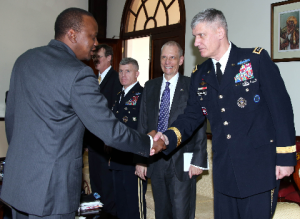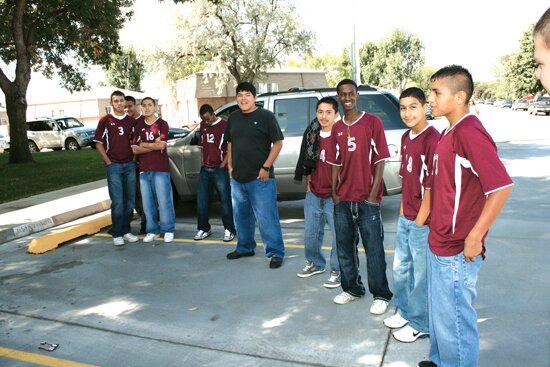Soccer helps in bringing kids together
When some people watch the Fort Morgan High School soccer team, they see the potential of cooperation among different parts of society coming to life.
“We’ve got some great kids out there,†said coach Jeff Walters.
Soccer is the main game for kids from Mexico, Honduras, Guatemala , Nicaragua and Somalia, and those demographics are part of the reason the district began the soccer program, he said.
However, they are not out there because anyone’s Black, brown, white, purple or green, Walters said.
The players work together because they make up one team.
“We get along just great,†he said.
This program is valuable, Walters said, because the kids have to keep their grades up to participate and that’s meant many have graduated.
The bottom line is succeeding in school, he said.
Walters has played soccer since he was 4 years old, he said. Although he did not play high school or college soccer, he did play some independent ball and in the local Hispanic men’s league.
“It’s been fabulous to be a part of that culture and that community,†Walters said.
A Somali player began with the team last year, and this year there are five Somalis, he said.
That gives everyone a chance to learn about another culture, Walters said.
In fact, this team has done as well as any before, Walters said, even beating No. 2-rated Fossil Ridge earlier in the season and with a 4-1 record heading into Friday night’s game.
“We’re having a blast right now,†he said.
Further, the team is made up of boys and coaches who really care about the game and each other, he said.
“(Walters) really does a terrific job of keeping focused on what’s important,†said assistant coach Nick Ng.
Players’ backgrounds have never been an issue, which is partly due to the leadership of Walters, who has a vision which is broader than most, he added.
Cultural differences don’t have to be a problem, Ng said.
“At the end of the day, we’re all from different backgrounds,†he said.
Troubles
Like any other Morgan County youths, Somali teens struggle to find constructive things to do in the summer and after school, but their elders are working to find ways to keep them busy and productive.
Their situation is even more challenging than that of native-born teens in the county, though, because they spent most of their lives in refugee camps, said Khadar Ducaale, manager of the Somali Community Office.
They are caught between the two cultures of their parents’ land and their adopted home in the U.S., and do not always know how to handle the relative freedom they have now, he said.
That is why some Somali elders have set up a computer and teen area in the African community center, said Ibrahim Abdi, president of the Morgan African Community Center.
It is also why they are forming an independent soccer club meant to compete with other clubs around Northeast Colorado, he said. That will take until next year, due to the rules of the league.
Many Somali youths are very interested in soccer, which they already play in pick-up teams, and the elders are making that more organized, Abdi said.
Members of the Somali community are very sensitive to the needs of their teenagers and concerned with finding things to keep them busy, Abdi said.
They are also supportive of adults who may be having issues with their children.
For instance, when a couple of Somali teens were causing some minor trouble at the Fort Morgan Public Library, the African community center was quick to come work out the problem, said Cathy Bosley, library director.
Somali elders agreed the teens should be banned from the library, she said.
Several computers with Internet access have been set up at the African center, along with couches where they can hang out, in order to give them a place to be under supervision, Abdi said.
Teenager Abdirahman Mohamed said he and his friends use the space to do their homework on Saturdays and Sundays.
The center is also offering computer and English classes, but could still use some teachers to help out
Somalis of all ages in those classes, said Shararke Isak, African center manager.
More computers have been donated and many Somalis want to learn beginning computer skills, he said.
The center is trying to help people of all ages to learn local traffic laws and other ways to adapt to the community, Isak said.
Some Somalis would even like to learn Spanish, he said.
Differences
Somali teens have led difficult lives before coming to the U.S., Ducaale said.
They often had to scrounge whatever they could in order to survive when in refugee camps, and were used to constant danger, he said.
Ducaale knows about that, since he lived in a refugee camp for years before going to India for education and later to the U.S.
That kind of background can make it difficult for the kids to know their roles and the expectations of their new home, he said.
Often, they’ve been brought up in authoritarian homes, in which they were subject to corporal punishment, which kept them on track, Ducaale said.
Even when the kids went to college, the parents decided what they would study, he said.
However, the situation is totally different in the U.S., where parents often do not understand English as well as the children, Ducaale said. That means the children can become the family access to the outside
world, which can cause problems if the children do not translate properly.
Somali parents are frightened of the U.S. legal and human services system, he said.
They fear having their kids taken away if they are strict with them and are worried about what might happen, Ducaale said.
He said the community would like it if authorities would investigate before taking a child’s story at face value, because there may be cultural misunderstandings. Police might understand situations better if they
knew what things meant.
For instance, he once knew a man in another community who was arrested and jailed when police
thought he was threatening to murder another man, Ducaale said.
What had happened was that his daughter went out with a boyfriend she was forbidden to see and the man said he would “slaughter†the boyfriend, Ducaale said.
For Somalis, that meant he would beat him up, not kill him, which was explained in court later, he said.
“They should be aware of the whole story,†Ducaale said.
This all creates an atmosphere in which parents worry about having 911 called and worry about their kids getting into trouble, he said.
Some of the Somali children are so excited about their newfound freedom that they can go overboard, and they have habits formed when they were concerned about sheer survival.
Unfortunately, their parents do not feel they can say anything due to fear of human services, Ducaale said.
He invited any group to offer youth programs for these children, especially the teens. They need ways to safely interact in the U.S. culture and to acculturate.
Prevention is better than trying to deal with problems, so it would be nice if there were programs to help ward off issues, he said.
Those who can help by teaching classes can call Isak at 970-867-0998 or 443-653-2584.
Those who can suggest programs can call Ducaale at 612-232-9544.
____
Source: Fort Morgan
Comments
comments
 Calendar
Calendar









